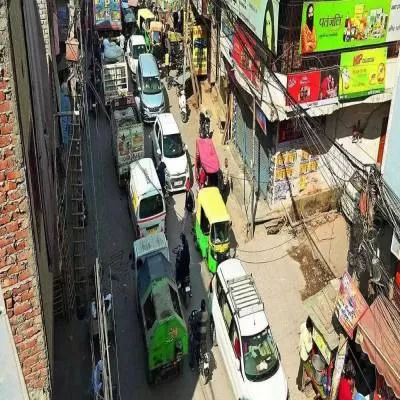

The Delhi Development Authority (DDA) recently unveiled its proposal aimed at regularising unauthorised colonies in the city, yet it encountered a lukewarm response from residents and stakeholders. Despite efforts to address long-standing issues of informal settlements, the plan failed to ignite enthusiasm among those directly affected. This tepid reaction raises concerns about the efficacy of the initiative and the challenges inherent in managing urbanisation in Delhi.
The DDA's plan, intended to provide a legal framework for unauthorised colonies, was anticipated to be a significant step towards resolving the longstanding issue of informal settlements. However, the muted response underscores the complexities involved in addressing the needs and concerns of residents in these areas. The lack of enthusiasm could stem from various factors, including skepticism about the plan's effectiveness, concerns about potential drawbacks, or a perceived disconnect between the proposal and the ground reality.
Unauthorised colonies have been a persistent challenge in Delhi, characterized by inadequate infrastructure, lack of basic amenities, and uncertain legal status. The DDA's attempt to address these issues through regularisation reflects the ongoing efforts to streamline urban development and improve living conditions for residents. However, the lukewarm response indicates that more comprehensive and inclusive strategies may be necessary to garner support and ensure the success of such initiatives.
The tepid reception to the DDA's proposal underscores the importance of community engagement, transparent communication, and tailored solutions in urban development planning. Moving forward, stakeholders must collaborate closely to address the multifaceted challenges posed by unauthorised colonies and work towards sustainable solutions that prioritize the needs and aspirations of residents. Only through concerted efforts and genuine partnerships can Delhi effectively navigate the complexities of urbanisation and create inclusive, resilient communities for all its inhabitants.